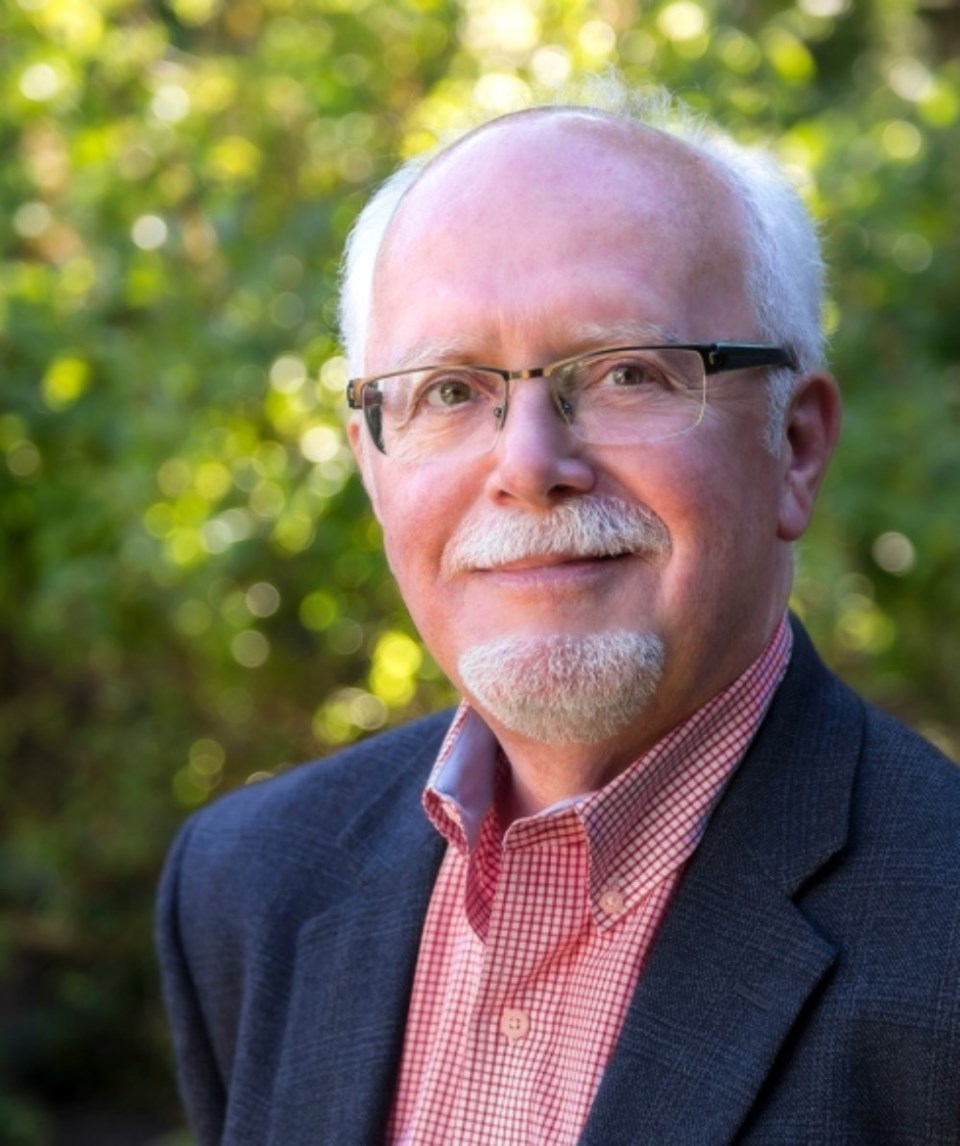“The most powerful practices that define our lives are driven by dopamine hits, not deliberate choice.” So writes John J. Thatamanil, professor of theology and world religions, in his provocative essay, “How do we define ‘none’ when it comes to religious tradition?” (Faith Forum, Feb. 17).
He highlights “the distinction between practices we choose and practices that are imposed on us, practices we passively absorb.” He suggests that “practices around money—spending and buying, saving or not saving”—may be “the practices to which we are least attentive.” He notes that market practices and “consuming what those who control our phones want us to consume” are suggestive of an “effective religion of capitalism.” Citing a 2023 Fortune article, he advises that Americans daily check their smartphones 144 times and spend almost 4.5 hours on them, a 30% increase over 2022.
“If we are no longer in control of what we practice, we no longer determine who we are becoming,” Thatamanil observes. “We have been hacked by addiction experts, video game and social media designers, and advertising algorithms that can hook us with the thrill of buying and consuming.”
The good professor is holding up a mirror for us and providing an opportunity for self-reflection on what we see.
A week earlier, The Globe and Mail ran an essay on the value of silence by Michael Harris, that addressed some of Thatamanil’s themes. The internet’s bias, Harris writes, “is the privileging of noise over signal. A lean into scattershot content with no interest in the salience of one thing or another.” It bathes us “in input from marketers and strangers, from automatons and loudspeakers and every kind of constructed cacophony that blurts and belches.”
Sadly, Harris adds: “We believe that real attention and library-level focus are fond antiquities and—worse—we believe that, if we could actually turn inward in some miraculous return to silence, there’d be nothing there of real value.” As a statement of being lost and what is ascendant, this echoes Thatamanil’s conclusion that we are less consumers of social media than we have been consumed by it.
While it is important to be able to surf the tsunami of technology, it is at least equally important to rest comfortably on the beach reflecting, perceiving and integrating in order to determine what is best for us as individuals and how we might selectively use that technology within the larger practice of how we consciously choose to lead our lives.
Harris puts it this way: “silence leaves room for the development of a rich interior life, for daydreaming and the formation of an identity independent of the hive mind. Our personalities mature in the empty spaces that allow them to self-reflect; we discover what we really think or really feel when inputs hush and we can sit a while with what we’ve already received. In this way, amid doses of quiet and stillness, the self coheres.”
As the Dalai Lama has observed: “Happy people build their inner world; unhappy people blame their outer world.”
Patrick Wolfe is the author of the biographies A Snake on the Heart - History, Mystery, and Truth: The Entangled Journeys of a Biographer and His Nazi Subject and Etty Hillesum Safeguards God: The Story of Her Spiritual Transformation during the Holocaust. The latter is available at https://patrickswolfe.com



